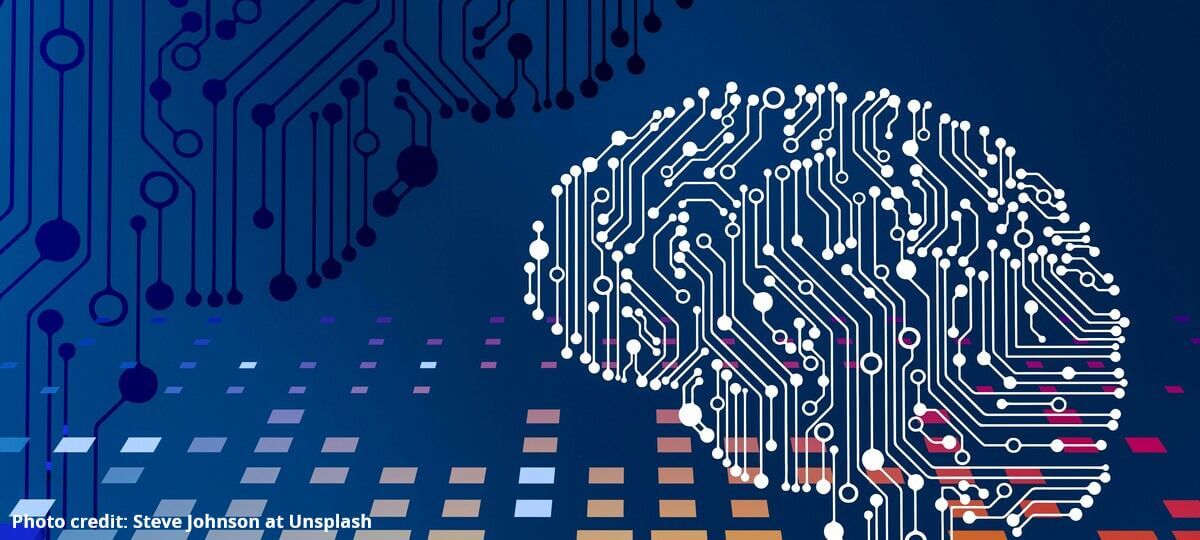“This Time It’s Different” is the title of a book by Omar Hatamleh on the impact of artificial intelligence on everything.
Hatamleh, who is NASA Goddard Space Flight Center’s chief artificial intelligence officer, means that we shouldn’t look to previous technological revolutions to understand the scope and the totality of the AI revolution. It is, he believes, bigger and more transformative than anything that has yet happened.
He says AI is exponential and human thinking is linear. I think that means we can’t get our minds around it.
Jeffrey Cole, director of the Center for the Digital Future at the USC Annenberg School for Communication and Journalism, echoes Hatamleh.
Cole believes that AI will be as impactful as the printing press, the internet and COVID-19. He also believes 2027 will be a seminal year: a year in which AI will batter the workforce, particularly white-collar workers.
For journalists, AI presents two challenges: jobs lost to AI writing and editing, and the loss of truth. How can we identify AI-generated misinformation? The New York Times said simply: We can’t.
But I am more optimistic.
I have been reporting on AI since well before ChatGPT launched in November 2022. Eventually, I think AI will be able to control itself, to red flag its own excesses and those who are abusing it with fake information.
I base this rather outlandish conclusion on the idea that AI has a near-human dimension which it gets from absorbing all published human knowledge and that knowledge is full of discipline, morals and strictures. Surely, these are also absorbed in the neural networks.
I have tested this concept on AI savants across the spectrum for several years. They all had the same response: It is a great question.
Besides its trumpeted use in advancing medicine at warp speed, AI could become more useful in providing truth where it has been concealed by political skullduggery or phony research.
Consider the general apprehension that President Donald Trump may order the Bureau of Labor Statistics to cook the books.
Well, aficionados in the world of national security and AI tell me that AI could easily scour all available data on employment, job vacancies and inflation and presto: reliable numbers. The key, USC’s Cole emphasizes, is inputting complete prompts.
In other words, AI could check the data put out by the government. That leads to the possibility of a kind of AI shadow government, revealing falsehoods and correcting speculation.
If AI poses a huge possibility for misinformation, it also must have within it the ability to verify truth, to set the record straight, to be a gargantuan fact-checker.
It could be a truth central for the government, immune to insults, out of the reach of the FBI, ICE or the Justice Department — and, above all, a truth-speaking force that won’t be primaried.
The idea of shadow government isn’t confined to what might be done by AI but is already taking shape where DOGE-ing has left missions shattered, people distraught and sometimes an agency unable to perform. So, networks of resolute civil servants inside and outside government are working to preserve data, hide critical discoveries and keep vital research alive. This kind of shadow activity is taking place at the Agriculture, Commerce, Energy and Defense departments, the National Institutes of Health and those who interface with them in the research community.
In the wider world, job loss to AI — or if you want to be optimistic, job adjustment — has already begun. It will accelerate but can be absorbed once we recognize the need to reshape the workforce. Is it time to pick a new career or at least think about it?
The political class, all of it, is out to lunch. Instead of wrangling about social issues, it should be looking to the future, a future which has a new force. Much as automation was a force to be accommodated, this revolution can’t be legislated or regulated into submission, but it can be managed and prepared for. Like all great changes, it is redolent with possibility and fear.

 Follow
Follow
Leave a Reply